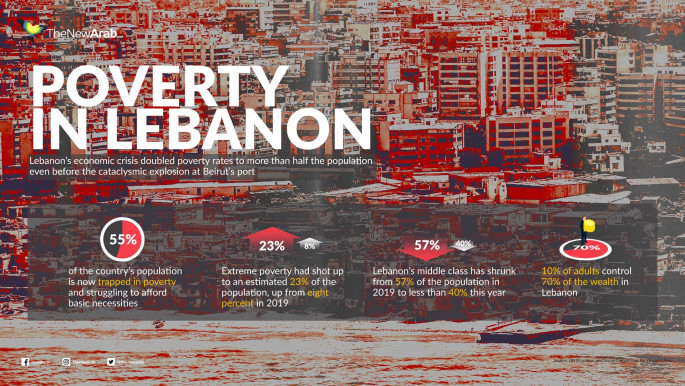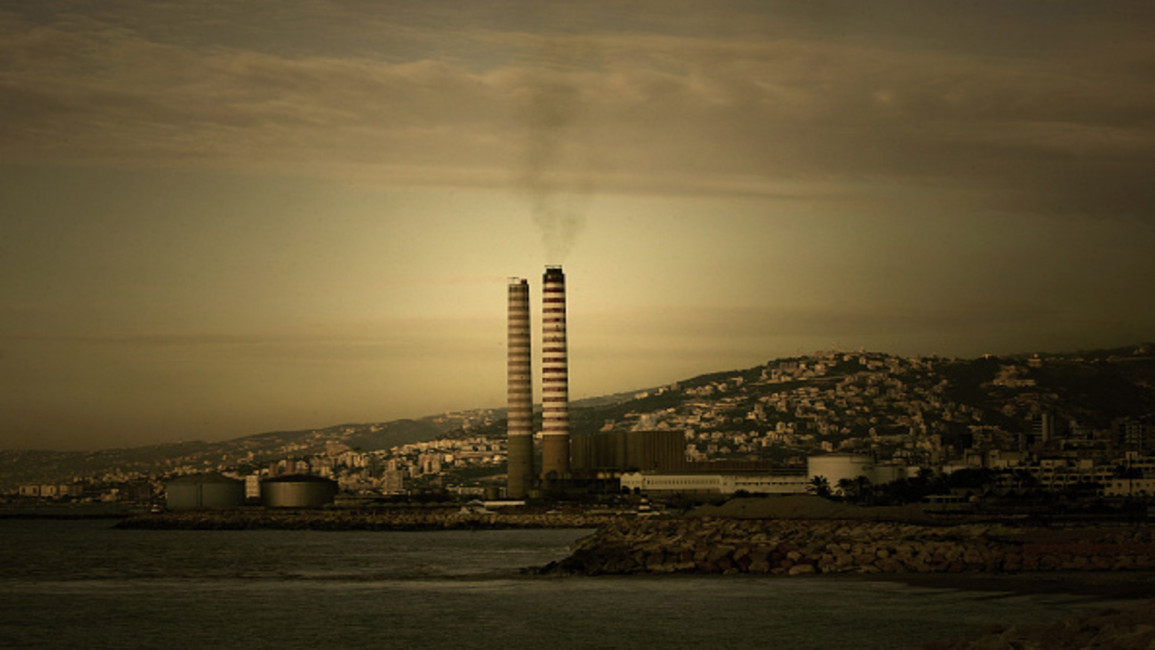Lebanon headed towards electricity blackout as second power plant shuts down
The shutdown of the Deir Ammar power plant follows the closure of another one in Zahrani, which also run out of fuel. This means that, out of four major power plants in the country, two are now out of service.
Residents of Lebanon will likely face even longer electricity blackouts as they spend the Easter weekend at home, following the imposition of a three-day lockdown imposed to avoid another surge in coronavirus cases.
The two plants provide a combined 60 percent of Lebanon’s electricity. Even when the four main facilities were operating in full swing, power cuts at times lasted up to 12 hours a day.
The daily power outages have been blamed on decades of corruption and mismanagement of Lebanon’s ailing state-owned power infrastructure. Until recently, Lebanese residents had relied on costly private diesel generators for electricity, but many are now unable to foot the bill.
The growing scarcity of diesel will likely soon force private electricity providers to ration their power supply in recent months, a step already taken by the state-owned power company Electricite du Liban (EDL).
The government is struggling to secure the necessary foreign currency to maintain vital fuel imports. Caretaker prime minister Hassan Diab warned earlier this month that subsidies for fuel imports were running out, putting at risk the Central Bank’s ability to subsidise vital resources including wheat, fuel and medical imports.
In turn, the currency crisis is raising energy costs for households and businesses alike. Lebanon's parliament earlier this week approved $200 million in financing for EDL’s fuel purchases, despite opposition from a number of politicians who argued against maintaining fuel subsidies.
Read also: Lebanon approves crisis funding to avert power blackout
Lebanon's caretaker energy minister Raymond Ghajar warned that the country would plunge into "total darkness" if no money was secured to buy fuel for power stations.
"Lebanon could head towards total darkness at the end of the month if Electricite du Liban is not provided with financial aid to buy fuel," he said, according to the official National News Agency.
Ghajar warned of repercussions on all sectors if the power went out. "Imagine your life without electricity, internet, phones, hospitals or vaccines... It's surreal to live in the 21st century without electricity," he said.
The international community has long made aid available on condition of a complete overhaul of Lebanon’s institutions, including the electricity sector, which has cost the government more than $40 billion since the end of the war.
The French government has said that "the time has come" to increase international pressure on Lebanon's deeply divided political class to form a viable government for the crisis-wracked nation.
"The solution for ending Lebanon's crisis requires the creation of a competent government that is ready to work seriously and for the common good on implementing reforms that everyone acknowledges," the foreign ministry said in a statement.

Follow us on Facebook, Twitter and Instagram to stay connected



